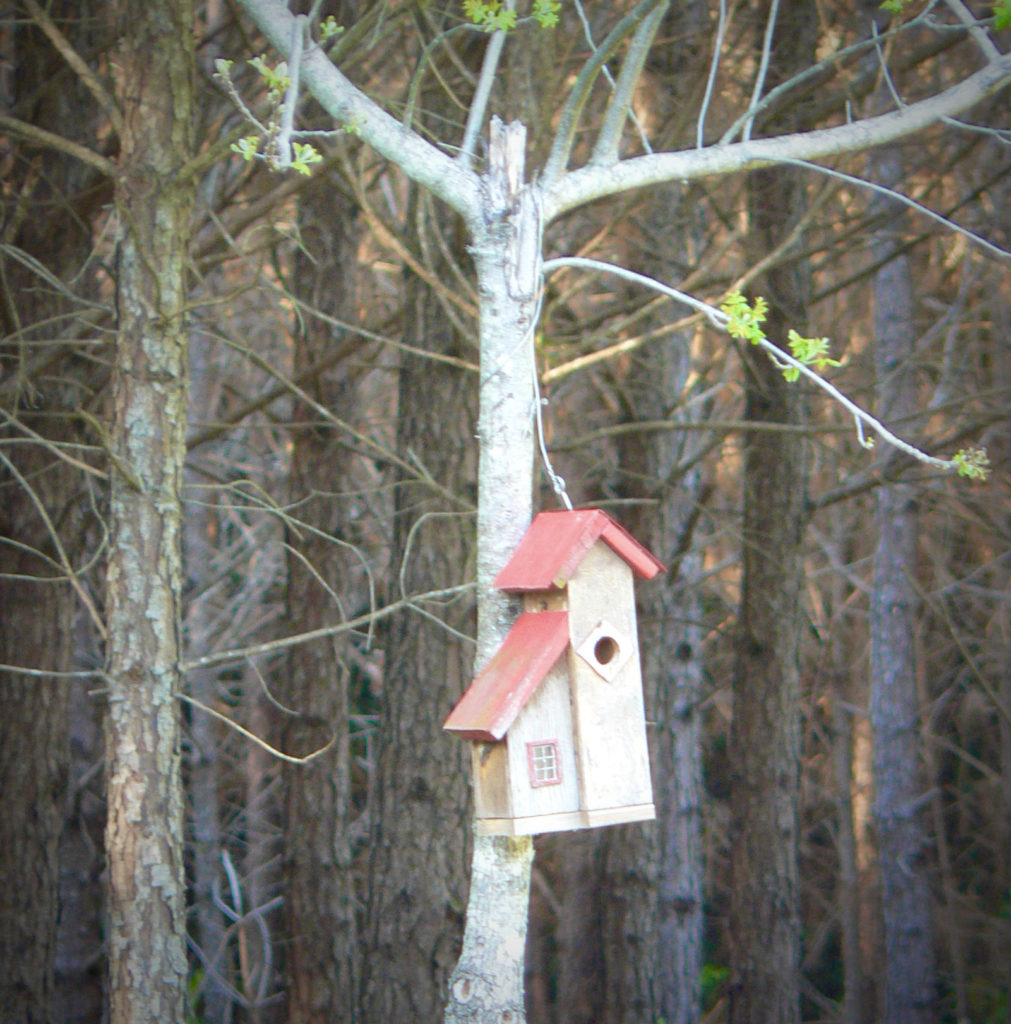
There’s a small little beach town, barely visible on a United States map, tucked under Alabama’s southernmost coastline and located on a small island separated by the Mobile Bay. Population 1, 778.
Once on the island, one can drive from the east to the west in about 10 minutes. One can stand on the back porch of a beach house and see the calm waters of the Bay while simultaneously watching the choppy waves of the Gulf of Mexico wash up on the sandy shore. One might even consider quitting her job and moving to the town for early retirement if one could convince her husband it is a good idea.
Some people say that the entire island might be washed away one day by a major hurricane, but that doesn’t seem to worry the people of the town. They have been living there for hundreds of years and a little storm or two is not going to scare them off. Camille, Frederic, Georges, Ivan, Katrina, Ida – the locals can rattle them off like a list of outlaw cousins. They return every time, because, well, home is home. No matter what happens.
So on this tropical day in June, the shopkeepers at Greer’s, the local grocery and hardware store, are stocking their shelves with the necessities. And by necessities, I mean any type of salad made with mayonnaise – Macaroni Salad, Egg Salad, Potato Salad, Pimento and Cheese Salad, Chicken Salad, Salad of the Sea. No one is worried about the upcoming Hurricane season, only that there might not be enough sweet tea at the annual flea market sale this weekend hosted by the Episcopalians.
As the shopkeepers are busy lining cans on the shelves, an elderly woman stumbles and falls in the milk and creamer aisle. She seems disoriented and can’t quite make it to her feet. Several employees rush over to her and decide to call the local paramedics, just in case. Emergency personnel arrive quickly. One young man in a blue uniform bends over the lady and politely asks her what her name is. She politely asks him what his name is. Then she tells him that she is just fine and if he would give her a cigarette, she would be even better. “Ma’am” the young man responds slowly, “You don’t look fine. You’re on the floor at Greer’s.”
“This isn’t the first time this has happened to her,” a store clerk whispers to the customers as they squeeze around the stretcher to get their 2% milk. “Bless her heart,” he adds quickly.
Meanwhile, the local Episcipalions are in a frenzy of preparation for the flea market sale to benefit the church mission. Two hundred chicken salad sandwiches need to be made, plus more chicken salad for their “to-go” customers. With tea and lemonade, plus home-made bread and butter pickles, it’s all hands on deck. Women and men of all ages pitch in to make the weekend a success. Cissy dons her “Have you hugged an Episcipalion today?” apron and everybody knows it’s time to get to work. She only wears that apron when it’s serious.
Tourists and locals mingle through the arts and crafts booths, vintage wares, and garage sale treasures. Kids ride their bikes up and down the street that not only holds the Episcipal church, but the Baptist and Catholic churches as well. Brown pelicans soar over the crowd and seagulls wait impatiently for crumbs from the sandwiches. Necks are hugged. All two hundred chicken salad sandwiches are consumed. Priceless items are found and sold. Stories are exchanged. Smiles abound.
It seems like the perfect summer day on the little island snuggled under Alabama’s coast. As the waves lap gently on the sandy shore, as the sun beams down from a blue sky, as the church bells toll and as sailboats glide on the glassy ocean, one might be tempted to think she has found paradise. But the locals know better. There’s no such thing as a perfect day and the only paradise to be found is when we cross those pearly gates.
What they do know is this – that there’s two choices they can make in this little town. To wake up and thank the Good Lord for another day on this earth, to hug necks at the Episcopal flea market, to help an old lady who stumbled and fell at Greer’s, and to savor every last bite of those magical chicken salad sandwiches.
The other choice is, well, to not do any of those things and one day slowly cease to live.
And I guess one doesn’t have to live on a tiny island to figure out that we all have those two choices in life. It’s not that complicated, really. There’s no perfect life or perfect job or perfect town. There’s just people and life and happy days and sad days. We can either love it or hate it. But whatever you decide, remember it’s your choice and no one else’s.
Life has to be lived, one way or another. Maybe how you do it is the lesson that the locals in this town have figured out.
And for me? Well I think I’ll go hug an Episcopalian and find a chicken salad sandwich.
I’d love for you to join me.
